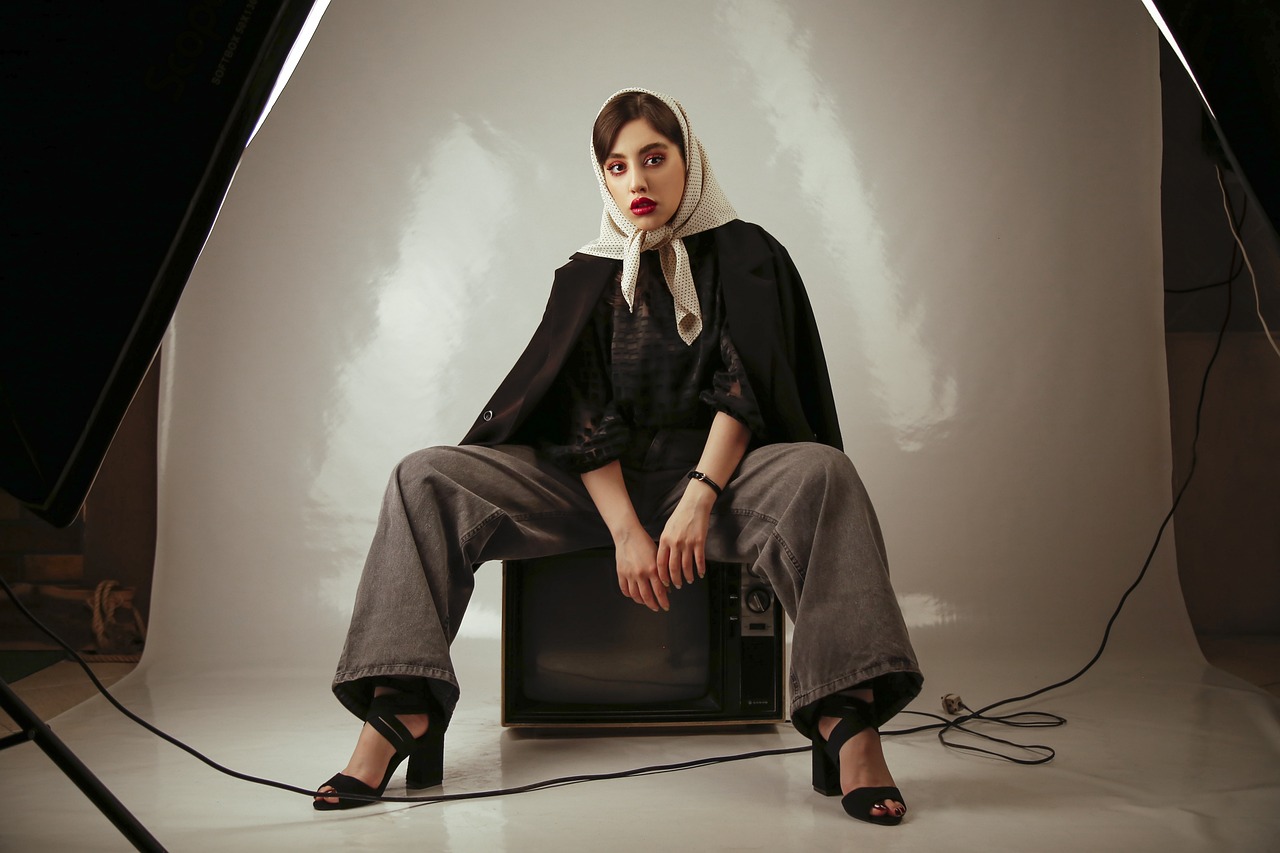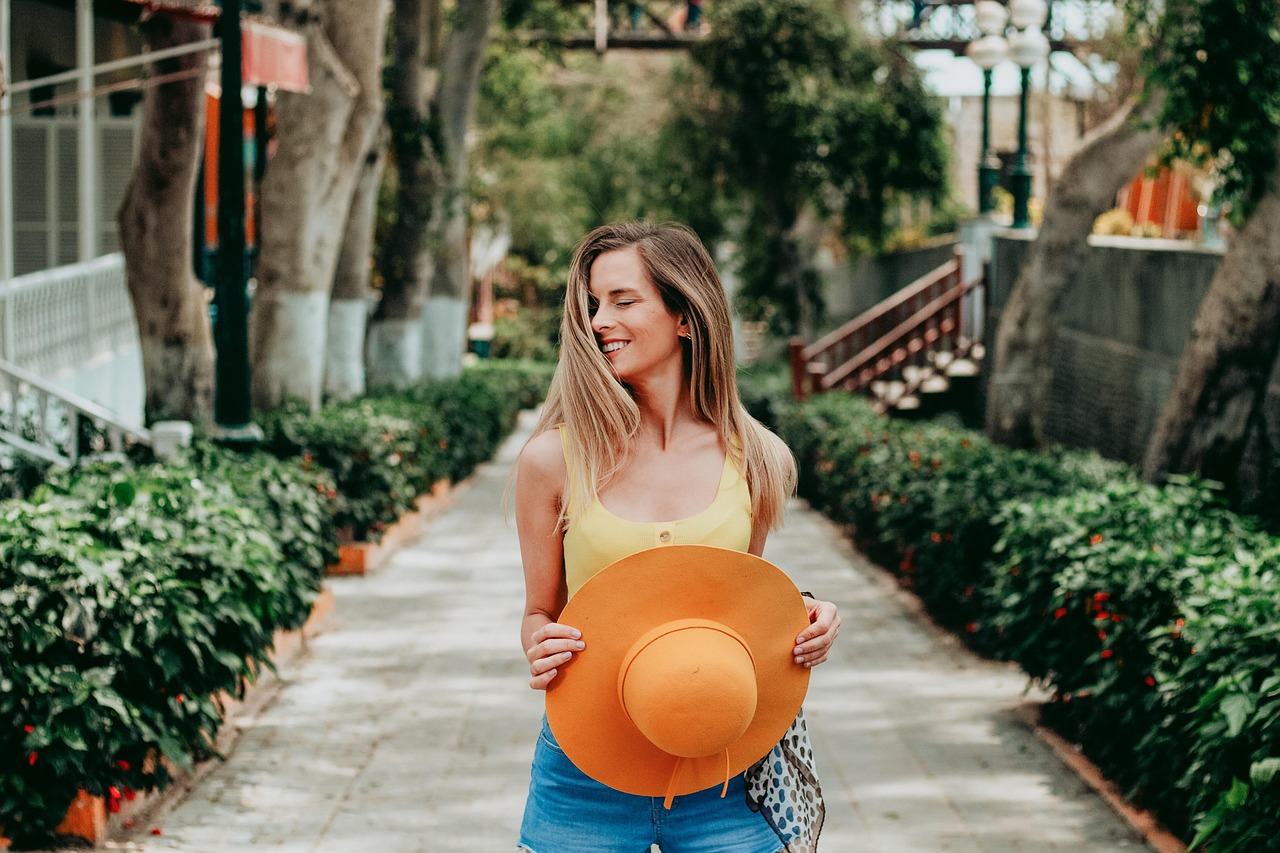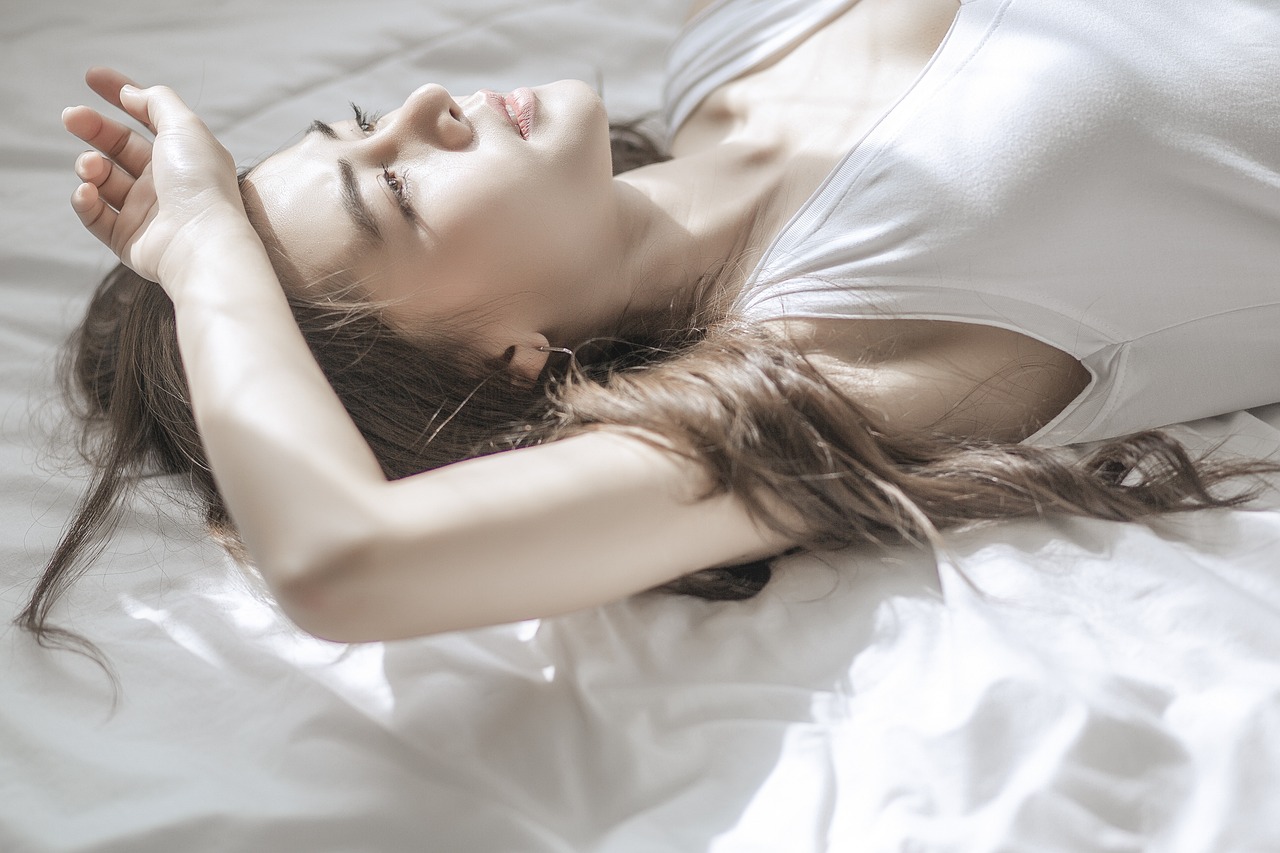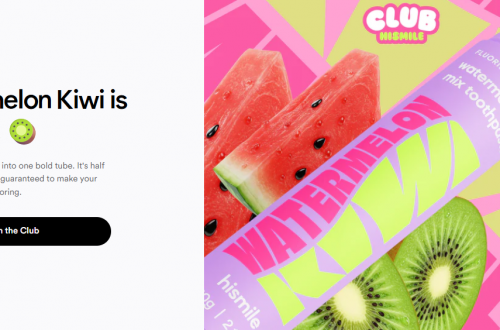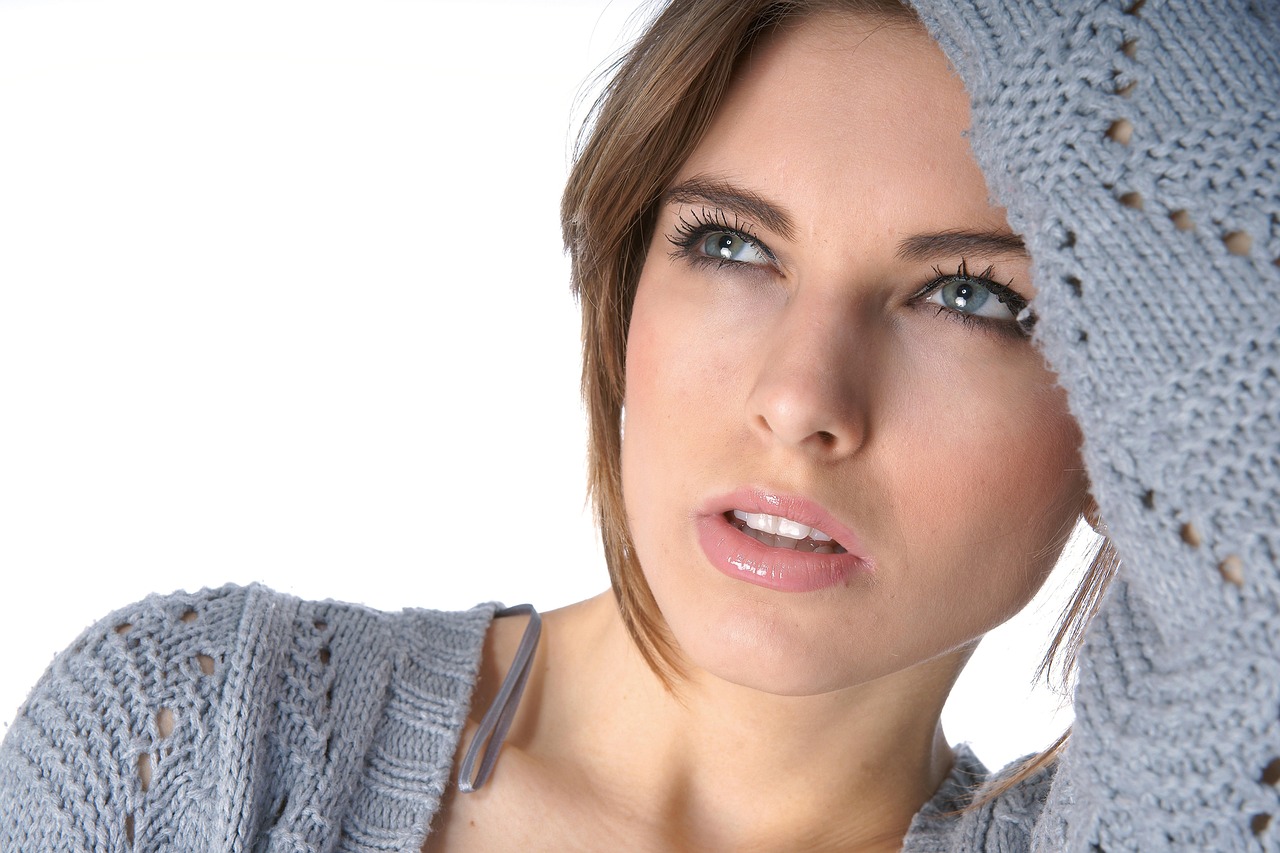
Challenging Beauty Standards: Why Authenticity is Trending
H1: Introduction
Beauty standards have long shaped the way society views and celebrates physical appearance. From the early ideals of flawless skin and thin bodies to the more recent trend of unattainable perfection on social media, the definition of beauty has often been narrow. However, a shift is happening: authenticity is making waves, and people are beginning to reject these conventional norms in favor of embracing real, unfiltered selves. This article will explore why authenticity is trending and how it’s challenging traditional beauty standards.
H2: What Are Beauty Standards?
H3: Defining Traditional Beauty Standards
Beauty standards refer to the societal expectations and ideals that define what is considered attractive. These standards have evolved over time but often revolve around concepts such as physical appearance, body size, skin tone, and facial features. For decades, these standards have been marketed through media, fashion, and entertainment, creating an image of the “perfect” individual that many strive to replicate.
H3: Historical Influence of Beauty Standards
Throughout history, beauty standards have shifted dramatically. In the 1950s, the hourglass figure was in vogue, popularized by icons like Marilyn Monroe. Fast forward to the 1990s, and we see a surge in the popularity of ultra-thin models, such as Kate Moss, epitomizing the “heroin chic” look. In the 21st century, with the rise of social media, beauty ideals have become even more rigid, with filters and editing tools perpetuating unrealistic standards. However, as much as these trends have influenced society, they are also beginning to face backlash.
H2: The Rise of Authenticity
H3: How Authenticity is Gaining Popularity
In recent years, the push for authenticity has gained significant momentum. People are challenging the notion of “perfection” and instead embracing their true selves, flaws and all. This movement is not just about physical appearance but extends to the acceptance of one’s personality, flaws, and individuality. Social media, where filters and Photoshop once reigned supreme, has become a platform where “unfiltered” posts are gaining traction.
H3: The Role of Social Media in Authenticity
Social media has played a crucial role in this shift. Influencers, celebrities, and everyday users are now sharing more honest and vulnerable moments with their followers. The rise of “no filter” campaigns and the popularity of body positivity movements on platforms like Instagram and TikTok have shown that people are starting to celebrate diversity. Authenticity is no longer just an option; it’s a movement that challenges the curated, edited images of beauty that have dominated our screens.
H3: Changing Consumer Preferences
Consumers are becoming more discerning about the brands and personalities they support. They are moving away from airbrushed perfection and leaning toward those who promote natural beauty and diversity. Brands are taking notice, as the demand for authenticity in marketing and product representation grows. This shift is not only about the appearance of individuals but also about brands’ efforts to depict real, diverse people in their campaigns.
H2: Why Authenticity is Important
H3: Psychological Impact of Authenticity
The importance of authenticity goes beyond surface-level trends. For many, embracing one’s true self is a vital part of mental and emotional well-being. When people are able to accept themselves, flaws and all, they experience a boost in self-esteem and confidence. Rejecting unattainable beauty standards allows individuals to experience greater satisfaction with their appearance, which positively impacts their overall mental health.
H3: Mental Health Benefits
Embracing authenticity fosters an environment of acceptance and self-love. Studies have shown that body positivity and self-acceptance can lead to lower levels of anxiety, depression, and negative body image. In contrast, constantly chasing an unrealistic ideal of beauty can contribute to mental health struggles, including low self-worth and feelings of inadequacy.
H3: The Desire for Relatability
Another reason authenticity is so important is the human need for connection. People are gravitating toward relatable figures, whether they are influencers, celebrities, or peers. When we see others who look like us—whether they are a different size, skin color, or age—it fosters a sense of belonging. Authenticity allows us to feel connected to others on a deeper level, rather than feeling isolated by unattainable standards.

H2: Challenging Traditional Beauty Standards
H3: Media Representation and Diversity
The push for authenticity has forced the media to reckon with its portrayal of beauty. For too long, the media has shown a narrow view of what it means to be beautiful. But now, more publications, advertisements, and entertainment platforms are prioritizing inclusivity. Models of various sizes, ethnicities, genders, and abilities are being showcased, giving a broader and more authentic representation of beauty.
H3: Celebrities Leading the Charge
Some of the most influential figures in entertainment have been leading the charge for authenticity. Celebrities like Lizzo, Adele, and Jameela Jamil have publicly challenged traditional beauty standards. These women, among others, are embracing their natural bodies and encouraging their followers to do the same. Their influence has shown the world that beauty comes in all forms, and it’s time to redefine what it means to be “beautiful.”
H4: From Photoshop to No Filter
Gone are the days when flawless, edited images were the gold standard. Today, celebrities and influencers are posting raw, unfiltered photos to show their real selves. This trend is not only empowering for those involved but also sets a new benchmark for what is considered “beautiful.” The embrace of natural beauty without the intervention of Photoshop is a crucial part of the authenticity movement.
H2: How Brands Are Responding
H3: Brands That Support Authentic Beauty
Several brands are responding to the call for authenticity by showcasing real people in their marketing campaigns. Brands like Dove, Aerie, and Fenty Beauty have been at the forefront of promoting inclusivity and body positivity. These brands have built loyal customer bases by embracing diversity in their advertising and product offerings, proving that there is a demand for authenticity.
H3: Inclusive Marketing Campaigns
Inclusive marketing goes beyond simply featuring diverse models. It’s about creating campaigns that resonate with people from all walks of life. For example, Aerie’s #AerieREAL campaign promotes body positivity by featuring models who don’t fit into traditional beauty standards. This approach not only challenges stereotypes but also encourages consumers to embrace their unique qualities.
H2: The Future of Beauty Standards
H3: How Authenticity is Shaping the Industry
As authenticity continues to gain traction, the beauty industry is evolving. Brands are shifting their focus from pushing unrealistic ideals to celebrating the diversity of their customers. The future of beauty lies in embracing authenticity and individuality, and brands that fail to adapt to this shift may be left behind.
H3: Innovations in Beauty Products
In addition to changing marketing strategies, the beauty industry is also innovating in product development. From makeup brands offering a wide range of shades to skincare products that promote natural beauty, the industry is moving towards celebrating individuality. Products are being designed to enhance rather than mask, allowing people to embrace their natural features.
H2: Conclusion
The movement toward authenticity is reshaping beauty standards in profound ways. As society becomes more accepting of diversity, people are finally starting to embrace their true selves, rejecting the unrealistic ideals that have been imposed on them for so long. From social media influencers to major brands, authenticity is here to stay. The challenge now is for more people and companies to adopt this mindset and continue to celebrate beauty in all its forms.
H2: FAQs
1. Why is authenticity so important in beauty?
Authenticity challenges the unrealistic beauty standards that have been imposed on society, promoting self-acceptance and mental well-being. It allows people to embrace their unique features and feel confident in their own skin.
2. How is social media influencing beauty standards?
Social media platforms like Instagram and TikTok have become spaces where influencers and everyday users are rejecting filters and embracing natural beauty, thus fostering a culture of authenticity and inclusivity.
3. What brands are leading the way in promoting authenticity?
Brands like Dove, Aerie, and Fenty Beauty are pioneers in promoting authentic beauty by featuring models of diverse body types, ethnicities, and genders in their marketing campaigns.
4. Can authenticity improve mental health?
Yes, embracing authenticity can boost self-esteem and body positivity, leading to better mental health outcomes by reducing anxiety and negative body image.
5. How can I contribute to the movement toward authentic beauty?
You can contribute by embracing your own unique beauty, supporting brands that promote diversity and inclusivity, and sharing authentic, unfiltered content on social media to inspire others.
